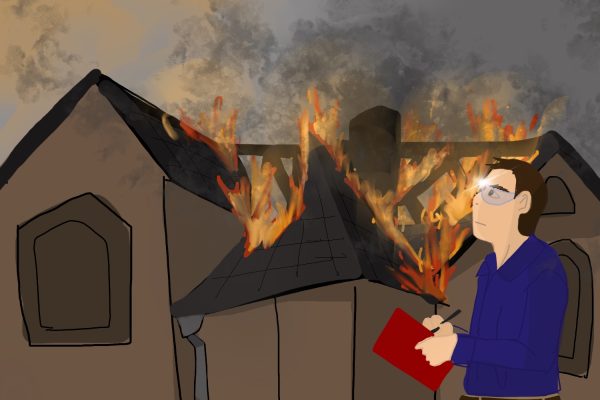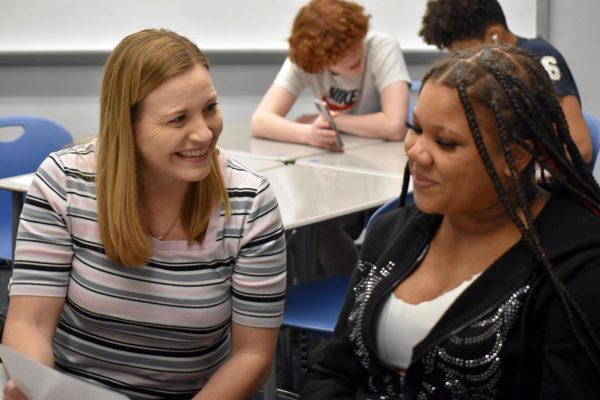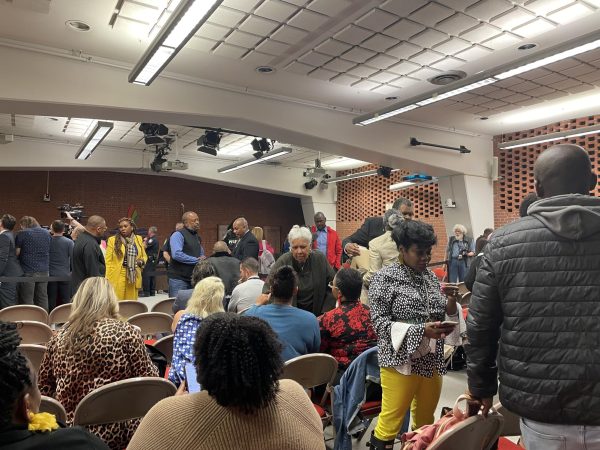“Don’t Say Gay” Bill Passes Florida House, Sparking Community Controversy
March 1, 2022
Recently, a committee from the Florida House of Representatives passed a bill that would limit how schools discuss sexual orientation and gender identity.
The bill is known as “The Don’t Say Gay Bill” by critics and, if put into law, would be implemented in all Florida schools. If put into law, the bill would prohibit all instruction regarding LGBTQ topics. In other grade levels, however, the bill states that any discussions not “age or developmentally appropriate” are banned in Florida classrooms. Another component of the bill includes focusing on limiting how schools are permitted to discuss historical events surrounding LGBTQ matters.
How the bill will be implemented in schools is not fully disclosed, however, some effects of the bill were conveyed. According to NBC, the bill would also open the floor to lawsuits by parents for any discussion in schools on LGBTQ topics. However, the bill has not yet been implemented in schools and must still clear several steps before potentially becoming a law.
“Passing a bill in Florida is very much like passing a bill in the US Congress [as] we have a bicameral legislature,” explained government teacher Daniel Quiros. “This basically means bills have to clear two chambers [The Florida House and the Florida Senate] with simple majority votes. The Florida House has 120 members and the Florida Senate has 40 members. Once the bills clear both the House and Senate, they have to be reconciled so that each chamber’s version is the same. Once this happens, it goes to the Governor. He signs the bill and it becomes Florida law.”
This is not the first time in U.S. history that a state has tried to limit LGBTQ discussion. Other states have proposed legislation that followed the anti-LGBTQ pattern, from banning textbooks that discussed the topic or stopping schools from promoting acceptance of any sexuality other than straight.
“In 1977, Miami-Dade County repealed LGBTQI+ protections. In 1978, the Briggs Initiative, which was put on the ballot in California, sought to fire gay teachers and those who supported them,” said PRISM club sponsor Neil De La Flor. “Although the Briggs initiative didn’t pass, it was part of an anti-LGBTQI+ culture war that persists today.”
The recent bill has created a wide range of responses throughout the state and country. On one hand, supportive parents are happy with this bill and want to create an environment that will shelter their children from topics that they are personally not interested in having them learn about.
“Creating boundaries at an early age of what is appropriate in our schools, when we are funding our schools, is not hate,” argued Florida Representative Joe Harding, who proposed the bill in response to calls from Florida parents.
On the other hand, many parents and students fear the growing effects of the bill on the LGBTQ community, if passed. Critics worry about the growing effects on LGBTQ students’ mental health and continued battle of LGBTQ representation and acceptence.
“The intent of the law is to control and limit discussion, which is antithetical to the goal of education. The law may also deter discussions of other important social issues. It may push teachers to leave the profession. It may perpetuate the myths and stereotypes of marginalized communities,” said De La Flor. “It may even cause psychological and physical damage to those communities. But, it may also spark a backlash that will push the pendulum back in the other direction. Forcing people to be quiet often provides an opportunity for those communities to speak out and make their case, especially when those laws go against everything that America stands for.”
Members of the community are already taking action from the bill reaching the schools. For example, organizations like the Trevor Project are speaking out against the bill and advocating for the LGBTQ students. Parents are also reaching out to the state government urging them to stop the passing of the bill. Schools themselves can take action to prevent the bill from affecting their system of education.
“Schools, both public and private, can indeed fight the bill if it does indeed become law. They can fight beforehand by reaching out to local and state representatives to discuss their positions on the bill and the effects it could have on their role in educating students,” said Quiros. “If the bill did indeed become a law, the schools and school systems would ultimately have to take this fight to the state or federal court system.”
This story was originally published on The Raider Voice on February 28, 2022.



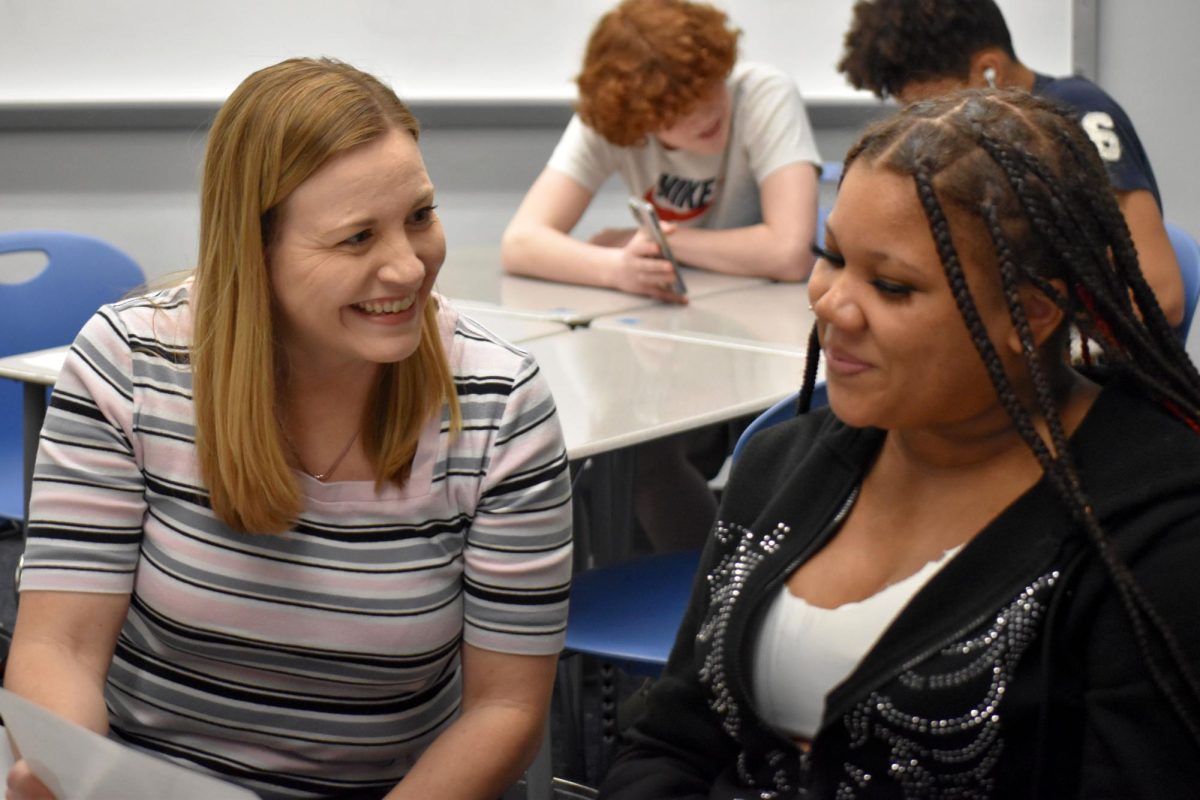











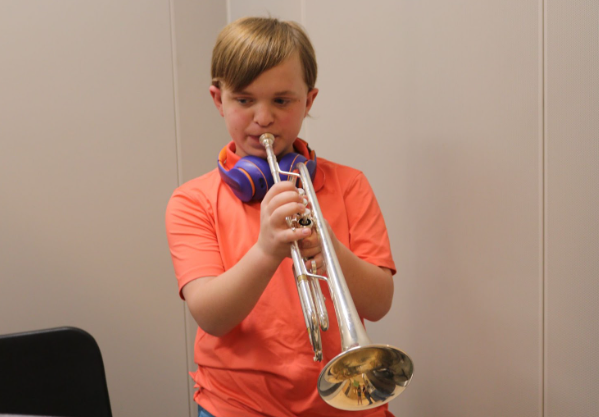




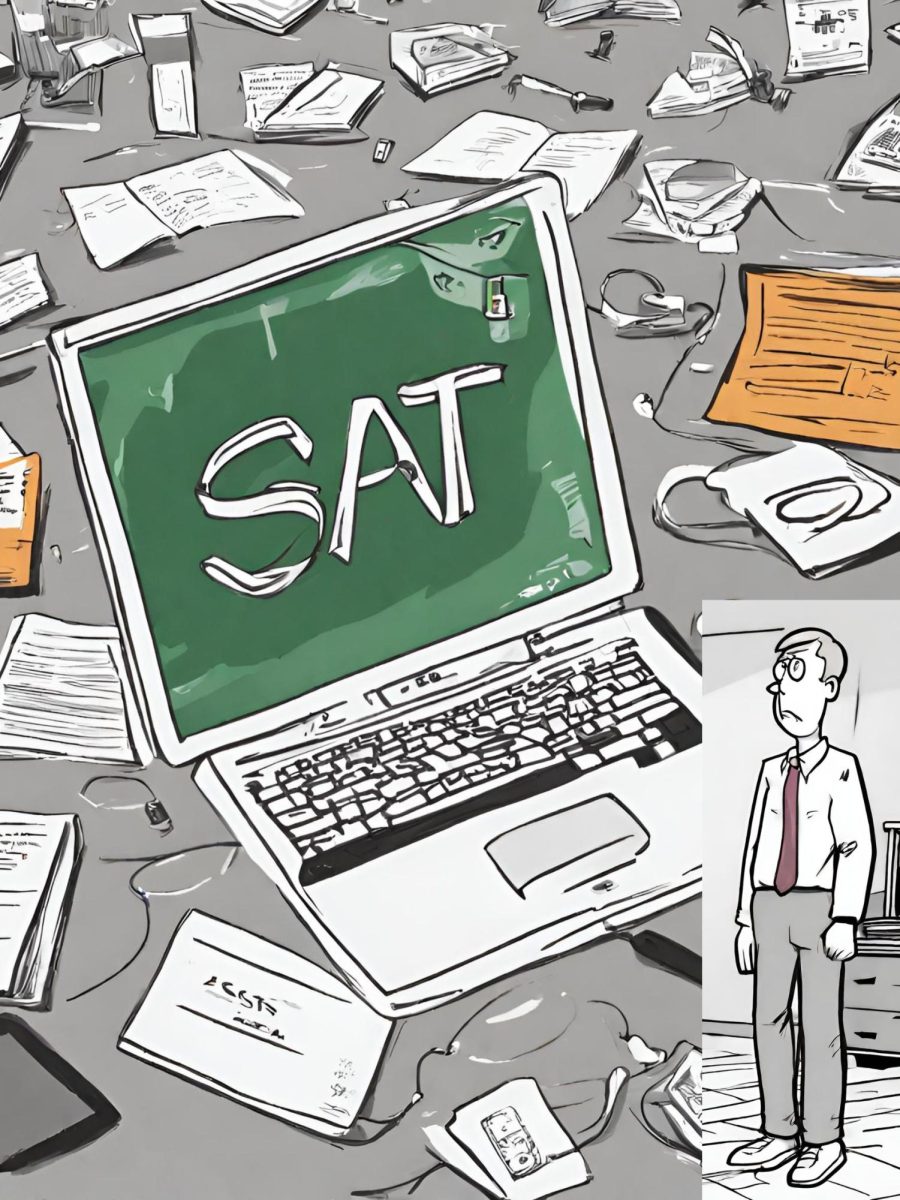








![IN THE SPOTLIGHT: Junior Zalie Mann performs “I Love to Cry at Weddings,” an ensemble piece from the fall musical Sweet Charity, to prospective students during the Fine Arts Showcase on Wednesday, Nov. 8. The showcase is a compilation of performances and demonstrations from each fine arts strand offered at McCallum. This show is put on so that prospective students can see if they are interested in joining an academy or major.
Sweet Charity originally ran the weekends of Sept. 28 and Oct. 8, but made a comeback for the Fine Arts Showcase.
“[Being at the front in the spotlight] is my favorite part of the whole dance, so I was super happy to be on stage performing and smiling at the audience,” Mann said.
Mann performed in both the musical theatre performance and dance excerpt “Ethereal,” a contemporary piece choreographed by the new dance director Terrance Carson, in the showcase. With also being a dance ambassador, Mann got to talk about what MAC dance is, her experience and answer any questions the aspiring arts majors and their parents may have.
Caption by Maya Tackett.](https://bestofsno.com/wp-content/uploads/2024/02/53321803427_47cd17fe70_o-1-1200x800.jpg)
![SPREADING THE JOY: Sophomore Chim Becker poses with sophomores Cozbi Sims and Lou Davidson while manning a table at the Hispanic Heritage treat day during lunch of Sept 28. Becker is a part of the students of color alliance, who put together the activity to raise money for their club.
“It [the stand] was really fun because McCallum has a lot of latino kids,” Becker said. “And I think it was nice that I could share the stuff that I usually just have at home with people who have never tried it before.”
Becker recognizes the importance of celebrating Hispanic heritage at Mac.
“I think its important to celebrate,” Becker said. “Because our culture is awesome and super cool, and everybody should be able to learn about other cultures of the world.”
Caption by JoJo Barnard.](https://bestofsno.com/wp-content/uploads/2024/01/53221601352_4127a81c41_o-1200x675.jpg)




